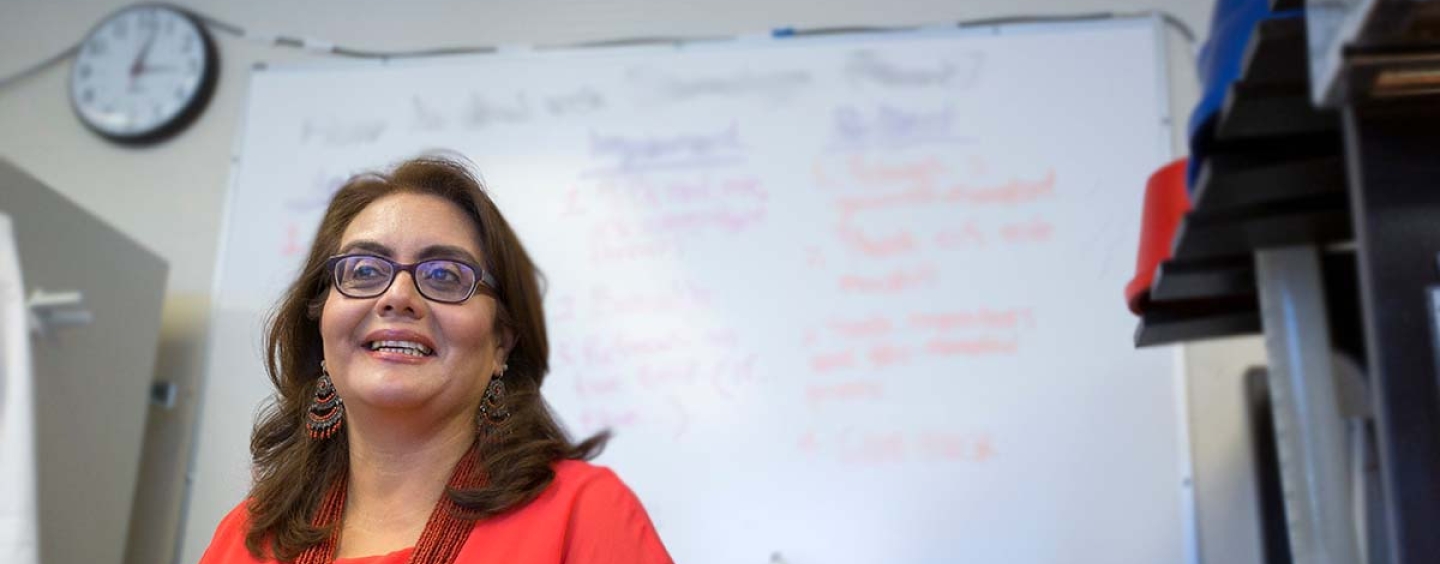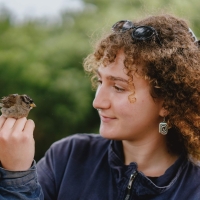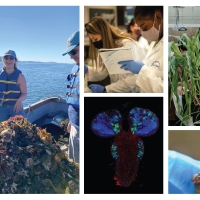Leticia Márquez-Magaña named a 2023 American Association for the Advancement of Science Fellow

The SF State Biology professor is being honored for bacterial research into gene expression and health equity
For San Francisco State University Professor of Biology Leticia Márquez-Magaña, it’s all about community. Her health equity research, educational efforts and prominence as a public figure in the scientific community — none of it’s about her at this stage in her career.
“It’s all about the little Leticias. They need to see what is possible in order to be what they usually don’t see,” she explained. This community mentality was instilled in her at a young age by her family and Mexican culture.
Today, Márquez-Magaña has been recognized as a Fellow of the American Association for the Advancement of Science (AAAS), the world’s largest general scientific society and publisher of the Science family of journals. She is among 502 scientists, engineers and innovators spanning 23 categories who are being honored for their scientifically and socially distinguished achievements throughout their careers.
Márquez-Magaña is the latest SF State faculty member to receive this honor and one of three California State University (CSU) system-affiliated researchers in the 2023 cohort. She joins 12 SF State faculty elected to this status since 1874. The earliest SF State honoree was recognized in 1947 (when SF State operated under the name “San Francisco State College”). The last SF State fellow before Márquez-Magaña was Professor Emerita of Biology Jan Randall in 2015.
Márquez-Magaña says learning of the honor had her feeling “surprised, in a good way,” explaining that she’s had many career experiences that made her feel invisible. “Maybe to you, I look like a scientist, but for other people, it doesn’t align,” she said. “The other thing is that I am often dismissed because I say things that are triggering because of my self-recognized role to cause discomfort, to create change.”
AAAS honored Márquez-Magaña for her contributions to the fields of bacterial gene expression and health equity research. Though now known for her explorations of health equity issues, it took Márquez-Magaña a while to get there, largely because traditional academia tried to convince her that the “best science was not tainted by social relevance.” But she always doubted that.



